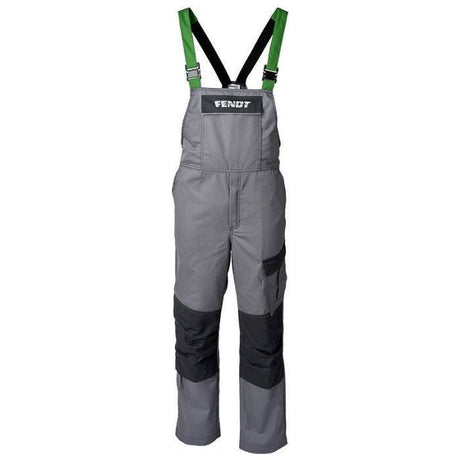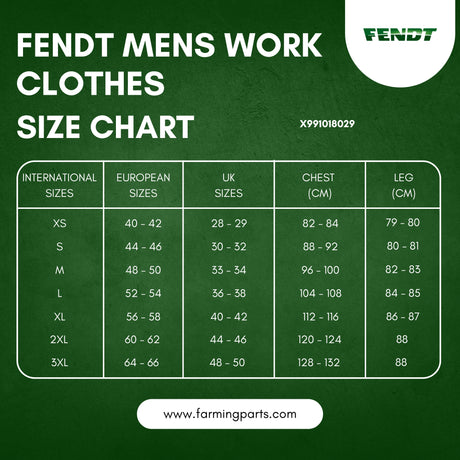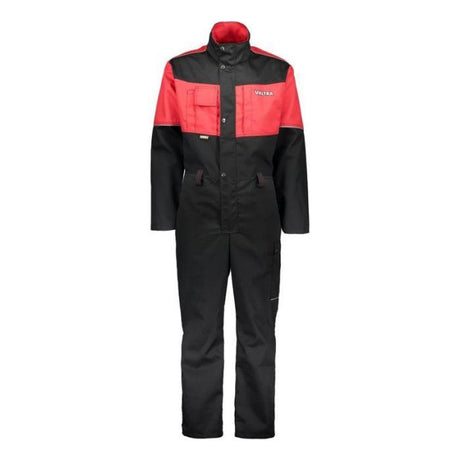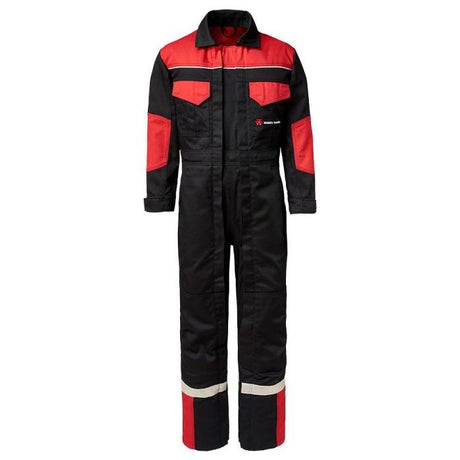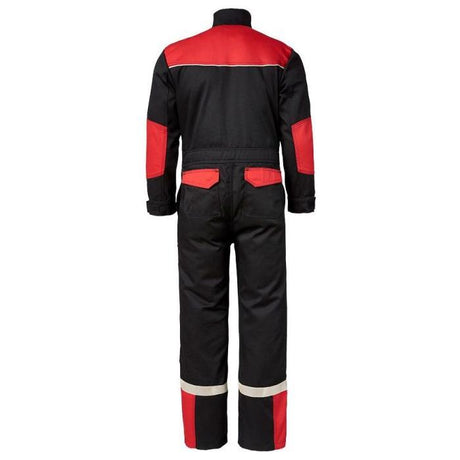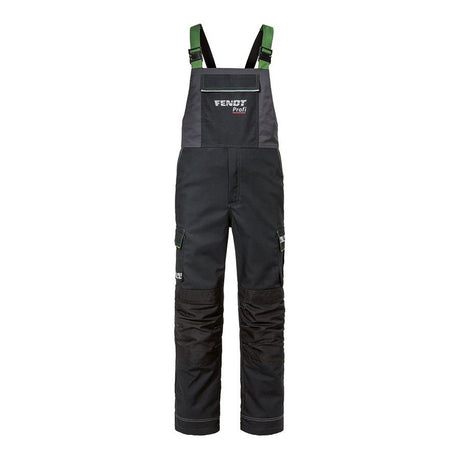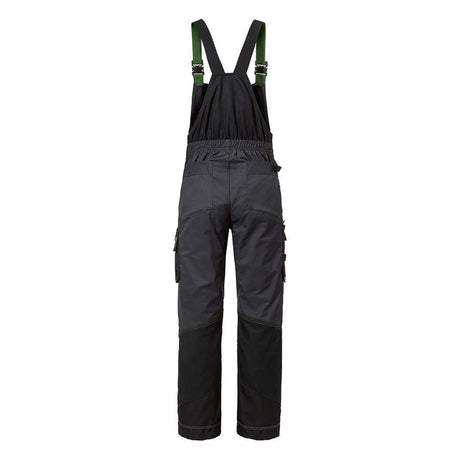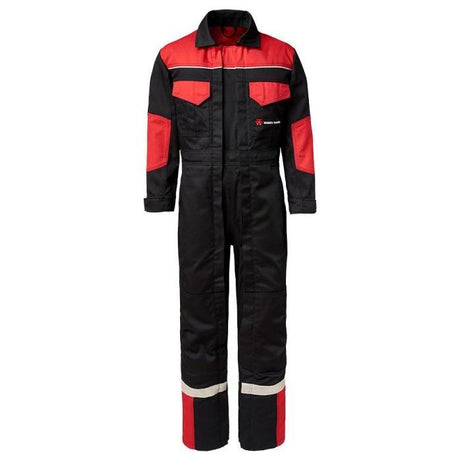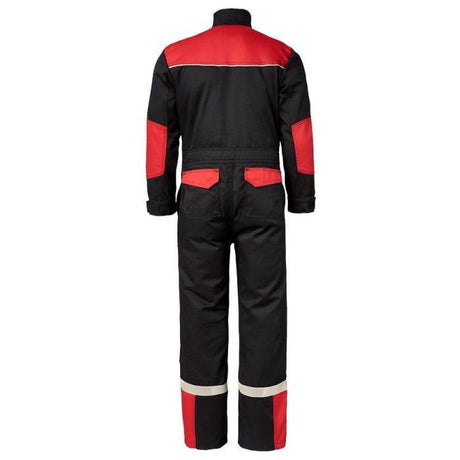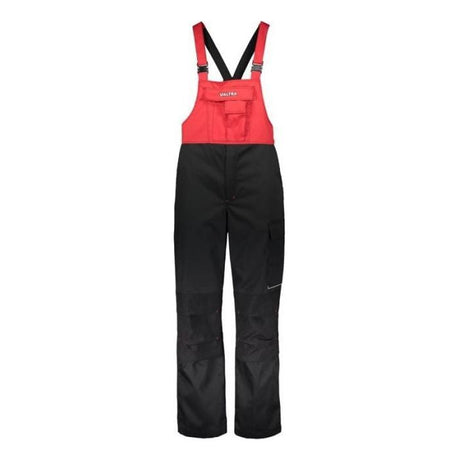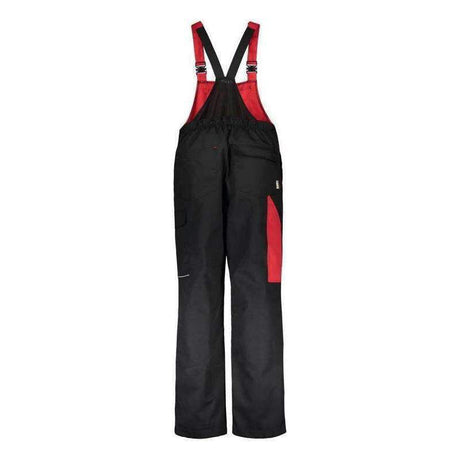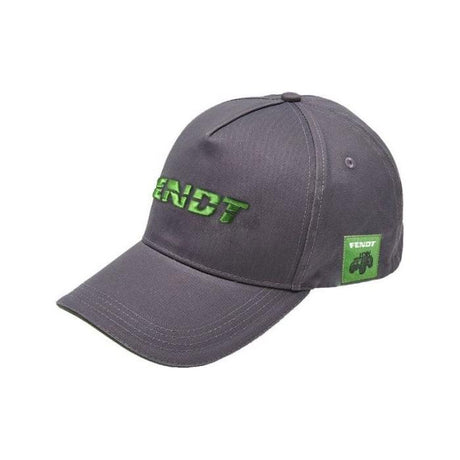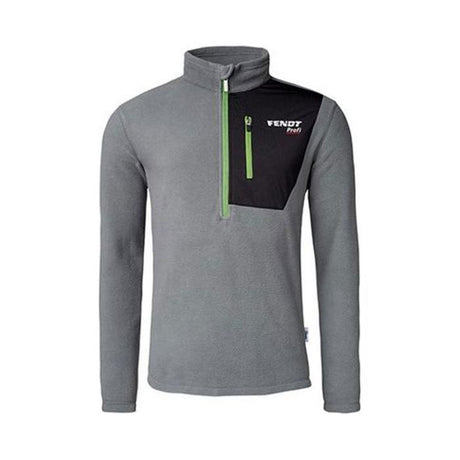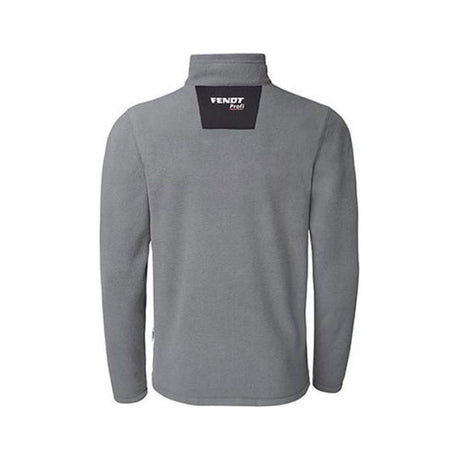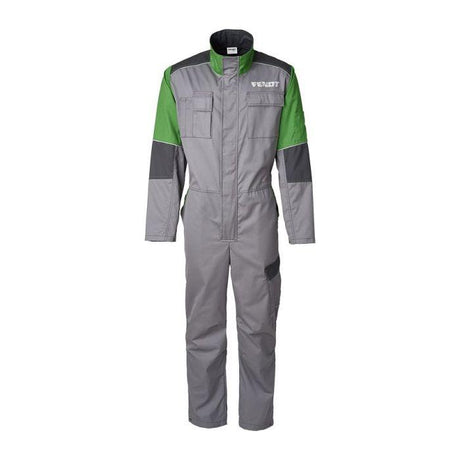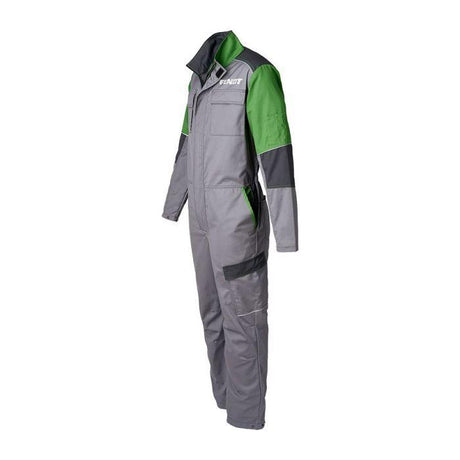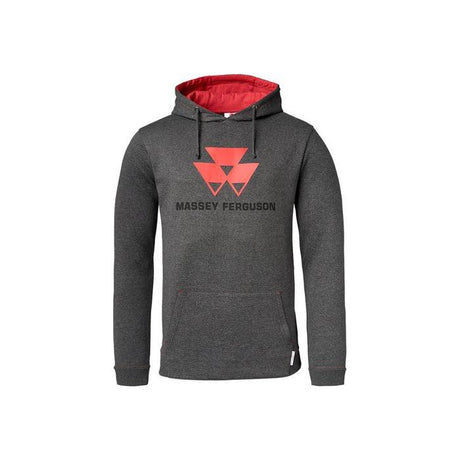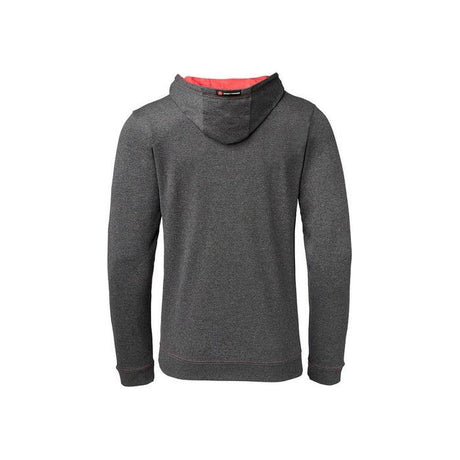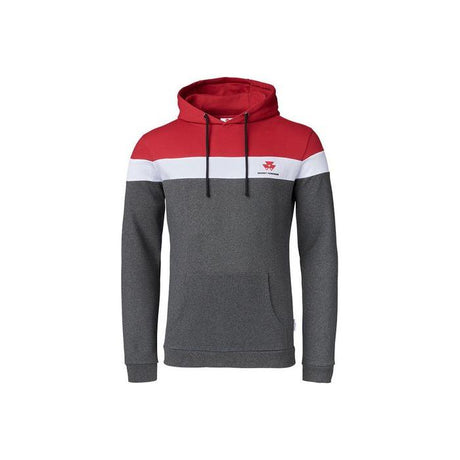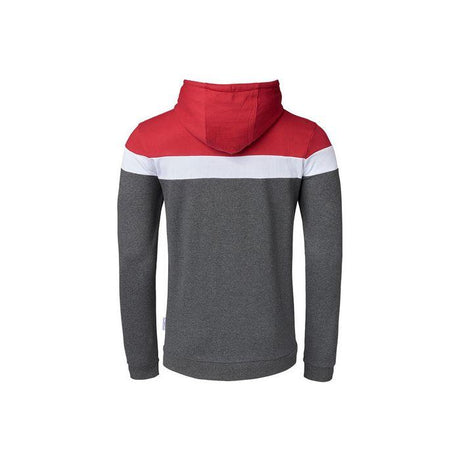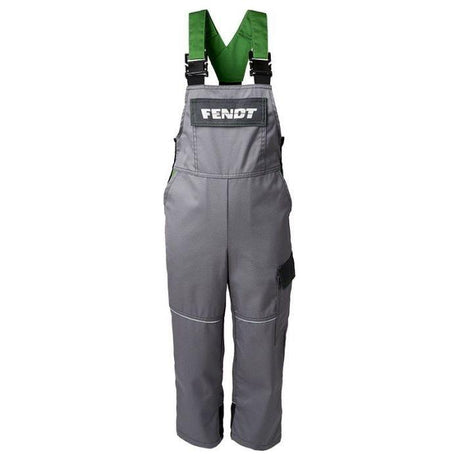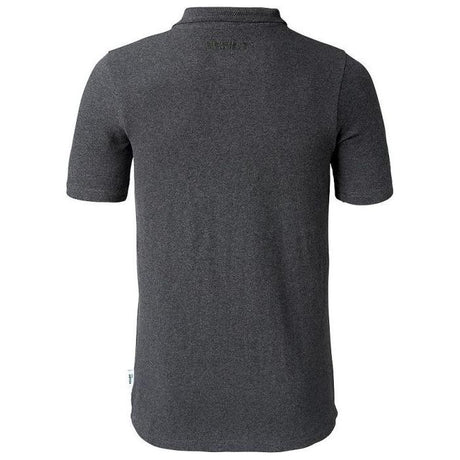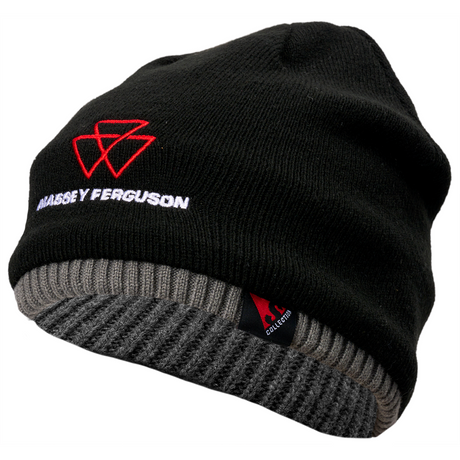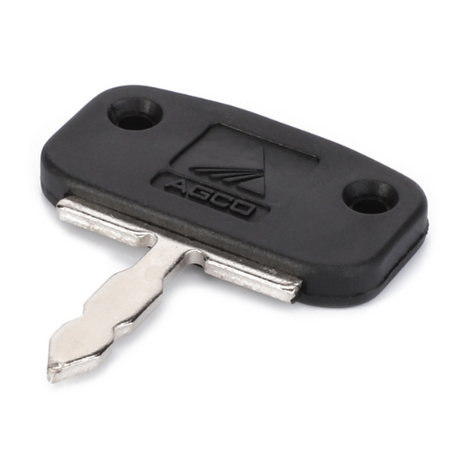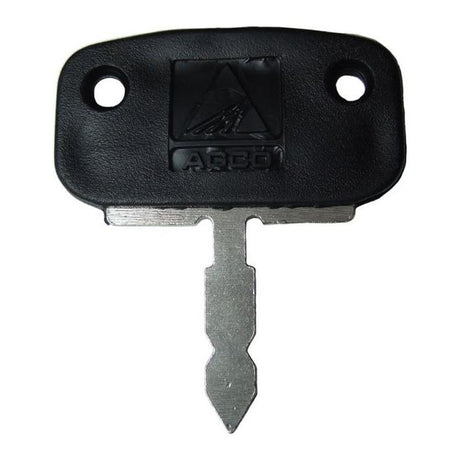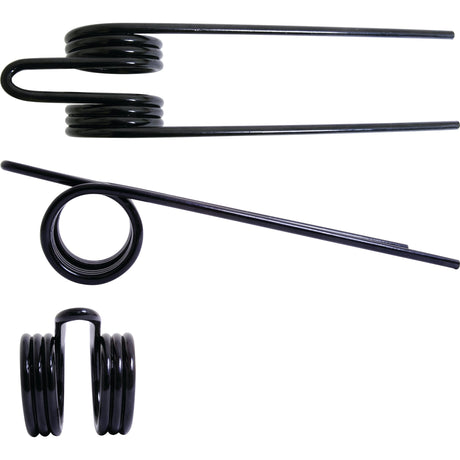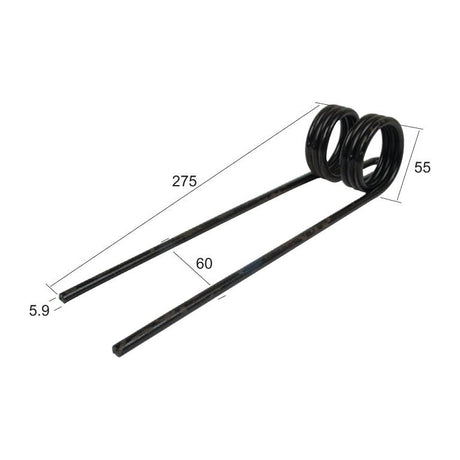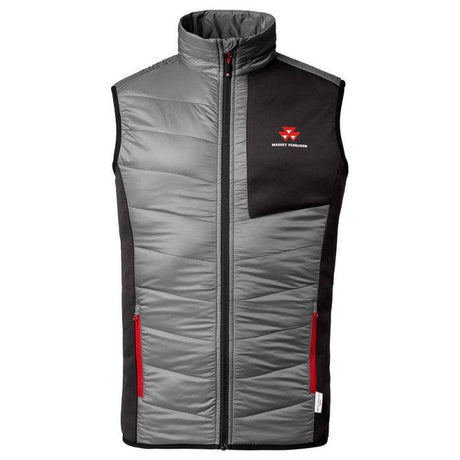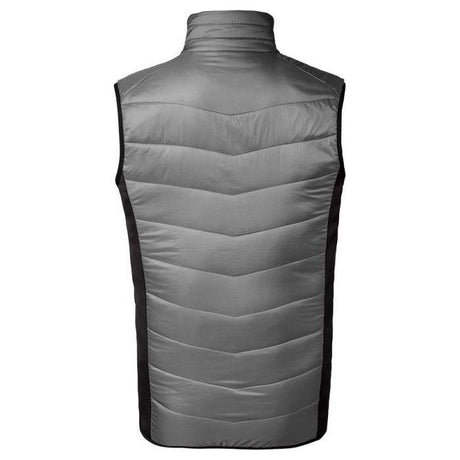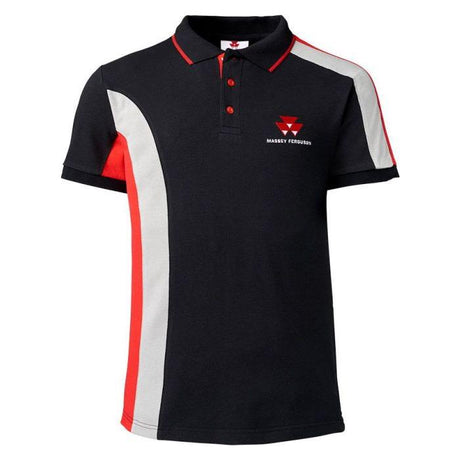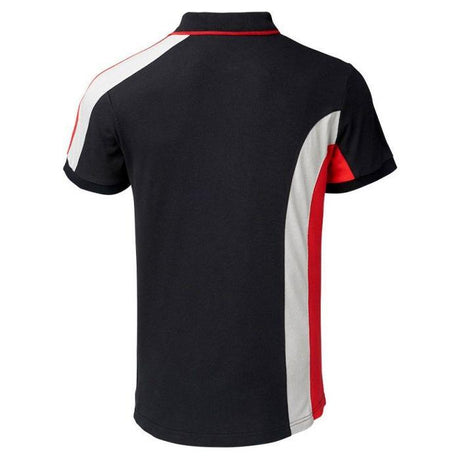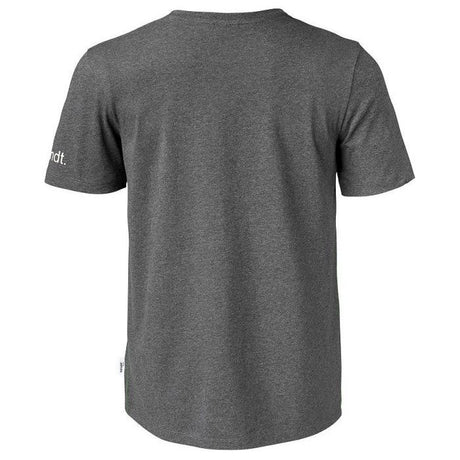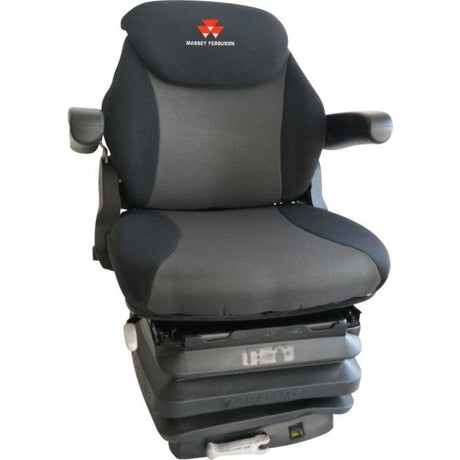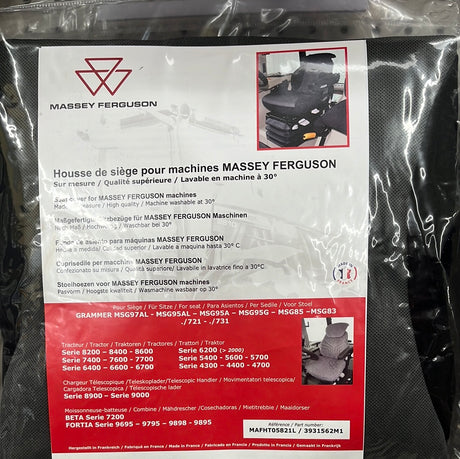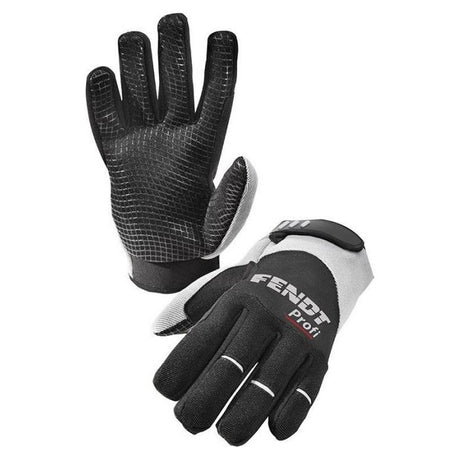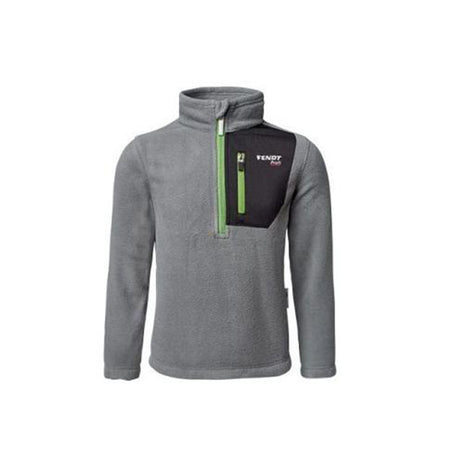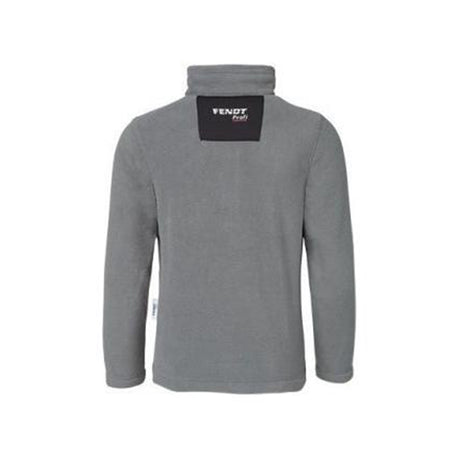When towing a trailer, caravan, or any other towable vehicle, proper wiring is crucial for safety and legal compliance. Whether you're dealing with a 7 pin or a 13 pin plug, getting the wiring right ensures that all electrical functions operate correctly. In this guide, we'll provide a detailed overview of both 7 pin plug wiring and 13 pin plug wiring, along with step-by-step instructions and diagrams.
What is a 7 Pin Plug?
A 7 pin plug is commonly used for trailers and caravans where basic lighting functions like brake lights, indicators, and tail lights are required. It’s a straightforward option for smaller trailers and older caravans.
The Components of a 7 Pin Plug
Here are the components and their corresponding functions for a 7 pin plug:
- Pin 1 (Yellow): Left indicator
- Pin 2 (Blue): Rear fog light
- Pin 3 (White): Earth return
- Pin 4 (Green): Right indicator
- Pin 5 (Brown): Right-hand tail light
- Pin 6 (Red): Brake lights
- Pin 7 (Black): Left-hand tail light
How to Wire a 7 Pin Plug
Follow these steps to wire a 7 pin plug:
- Gather Your Tools: You’ll need a screwdriver, wire strippers, and a continuity tester.
- Strip the Wires: Strip about 10mm of insulation from the end of each wire.
- Open the Plug: Unscrew the back of the 7 pin plug to access the terminals.
- Insert the Wires: Insert each wire into its corresponding terminal according to the pin configuration. Secure the connections to prevent any loose wiring.
- Test the Connections: Use a continuity tester to ensure each connection is correct.
- Reassemble the Plug: Once confirmed, reassemble the plug, ensuring everything is tight and secure.
Troubleshooting 7 Pin Plug Wiring Issues
- Indicators Not Working: Check the yellow (Pin 1) and green (Pin 4) wires.
- No Brake Lights: Ensure the red wire is properly connected to Pin 6.
- Tail Lights Failure: Check the brown (Pin 5) and black (Pin 7) wires.
What is a 13 Pin Plug?
A 13 pin plug is used for more modern caravans and trailers, particularly those with additional functions such as reverse lights, battery charging, and power supply for interior features. It combines the functions of a 7 pin plug with additional capabilities, making it ideal for more complex towing setups.
The Components of a 13 Pin Plug
Here’s what each pin in a 13 pin plug corresponds to:
- Pin 1 (Yellow): Left indicator
- Pin 2 (Blue): Rear fog light
- Pin 3 (White): Earth return
- Pin 4 (Green): Right indicator
- Pin 5 (Brown): Right-hand tail light
- Pin 6 (Red): Brake lights
- Pin 7 (Black): Left-hand tail light
- Pin 8 (Pink): Reverse light
- Pin 9 (Orange): Permanent 12V power supply
- Pin 10 (Grey): 12V ignition-switched power supply
- Pin 11 (White/Black): Earth return for Pins 10 and 12
- Pin 12 (White/Red): Sensing device (used for fridge)
- Pin 13 (White/Blue): Earth return for Pins 9 and 13
How to Wire a 13 Pin Plug
Wiring a 13 pin plug is more complex due to the additional functions, but with careful attention, it can be done successfully:
- Gather Your Tools: You’ll need a screwdriver, wire strippers, and a continuity tester.
- Strip the Wires: Strip about 10mm of insulation from each wire.
- Open the Plug: Unscrew the back of the 13 pin plug to access the terminals.
- Insert the Wires: Insert each wire into its corresponding terminal according to the pin configuration. Make sure all connections are secure.
- Test the Connections: Use a continuity tester to verify each connection is correct.
- Reassemble the Plug: Once confirmed, carefully reassemble the plug.
Troubleshooting 13 Pin Plug Wiring Issues
- Reverse Lights Not Working: Check the connection on Pin 8 (Pink).
- No Power Supply: Ensure proper connections on Pins 9 (Orange) and 10 (Grey).
- Fridge Not Operating: Double-check the wiring on Pin 12 (White/Red).
Wiring Diagrams
For a visual reference, you can follow the diagrams below:


Whether you’re wiring a 7 pin plug for basic functions or a 13 pin plug for more advanced capabilities, understanding the wiring process is essential. With this guide and the accompanying wiring diagrams, you should be well-equipped to tackle your next wiring project.
For high-quality wiring products and accessories, visit Farming Parts. They offer everything you need to ensure your wiring is done right, from 7 pin plug wiring to 13 pin setups and beyond.
By following these guidelines, you'll ensure that your trailer or caravan is safely and legally wired. For all your wiring needs, including both 7 pin and 13 pin plugs, check out Farming Parts, where you can find reliable products to complete your project with confidence.


